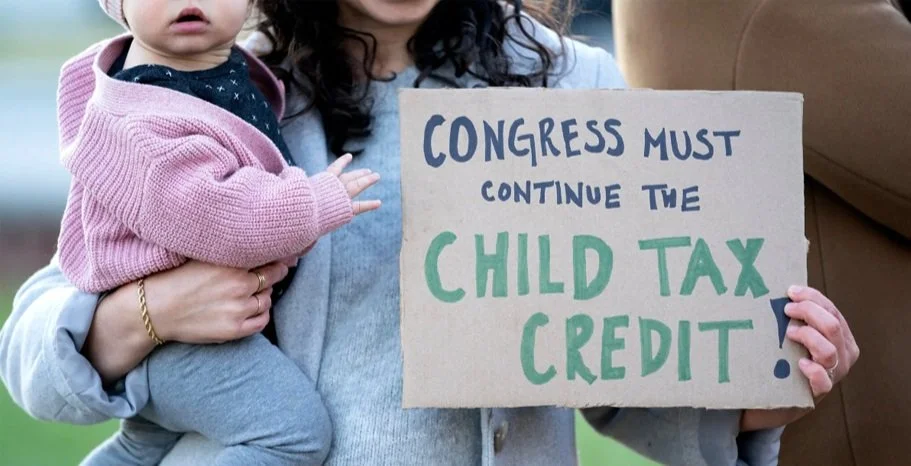A Plan to Help Kids Without Increasing Inflation
By Robert E. Rubin and Jacob J. Lew
We both served as secretary of the Treasury, and we have been associated with economic policies that are fiscally responsible and invest in our future. It is our strong view that Congress should act this year to ease the financial strain on low-income families raising children and that these policies should be paid for in a package that reduces the deficit. This is not just morally right but is also a critical investment in our nation’s economic future.
H.R. 1 and H.R. 4 would reform our democracy. They’d also help our economy.
By Robert E. Rubin
H.R. 1, the For the People Act, and H.R. 4, the John Lewis Voting Rights Advancement Act, are commonly framed as bills to reform our democracy. But they’re also key to our economic future.
Fiscal resiliency in a deeply uncertain world: The role of semiautonomous discretion
By Peter R. Orszag, Robert E. Rubin, and Joseph E. Stiglitz
Orszag, Rubin, and Stiglitz outline a new fiscal framework that they argue would better equip policymakers to face deep uncertainties about future interest rates (which, they say, may not remain low forever), hard-to-predict global shocks, and climate risks.
Borders Won’t Protect Your Country From Coronavirus
By Robert E. Rubin and David Miliband
The coronavirus has hit the poorest the hardest, but until recently, they have mostly been in wealthy countries. Now, even as the pandemic continues to claim lives in high-income countries — and especially the United States — it’s spreading with ferocity in lower- and middle-income countries. The virus has infected at least 1.5 million people in Brazil and claimed more than 60,000 lives there. India ended June with around 600,000 cases; it started the month with just under 200,000.
America’s debt has exploded. Why does no one care?
By Robert E. Rubin
At a panel I recently moderated in New York about our country’s unsustainable fiscal outlook, someone asked a simple question: So what? Nothing bad has happened despite immense fiscal deterioration — our debt-to-GDP ratio has more than doubled in less than 20 years, from 33 percent in 2000 to 78 percent today, and is on course to reach nearly 100 percent in 10 years and continue rising — so why worry now?
Philosophy Prepared Me for a Career in Finance and Government
By Robert E. Rubin
When I arrived at Harvard in 1956 as a freshman, I felt overwhelmed academically. Unlike many of my classmates who had gone to rigorous private schools, I graduated from a Florida public school that in those days rarely sent kids to elite colleges in the North. Even after four years of high school French, I couldn’t pass the exam to get out of the entry-level class at Harvard. In math, I was relegated to the remedial course.
The Smart Way to Help Ex-Convicts, and Society
By Robert E. Rubin
I recently gave a talk at the state prison in San Quentin, Calif. At the event, a former inmate said, “I don’t understand why over the 18-year period of my incarceration, over $900,000 was paid to keep me in prison. But when I was paroled, I was given $200 and told ‘good luck.’ ”







